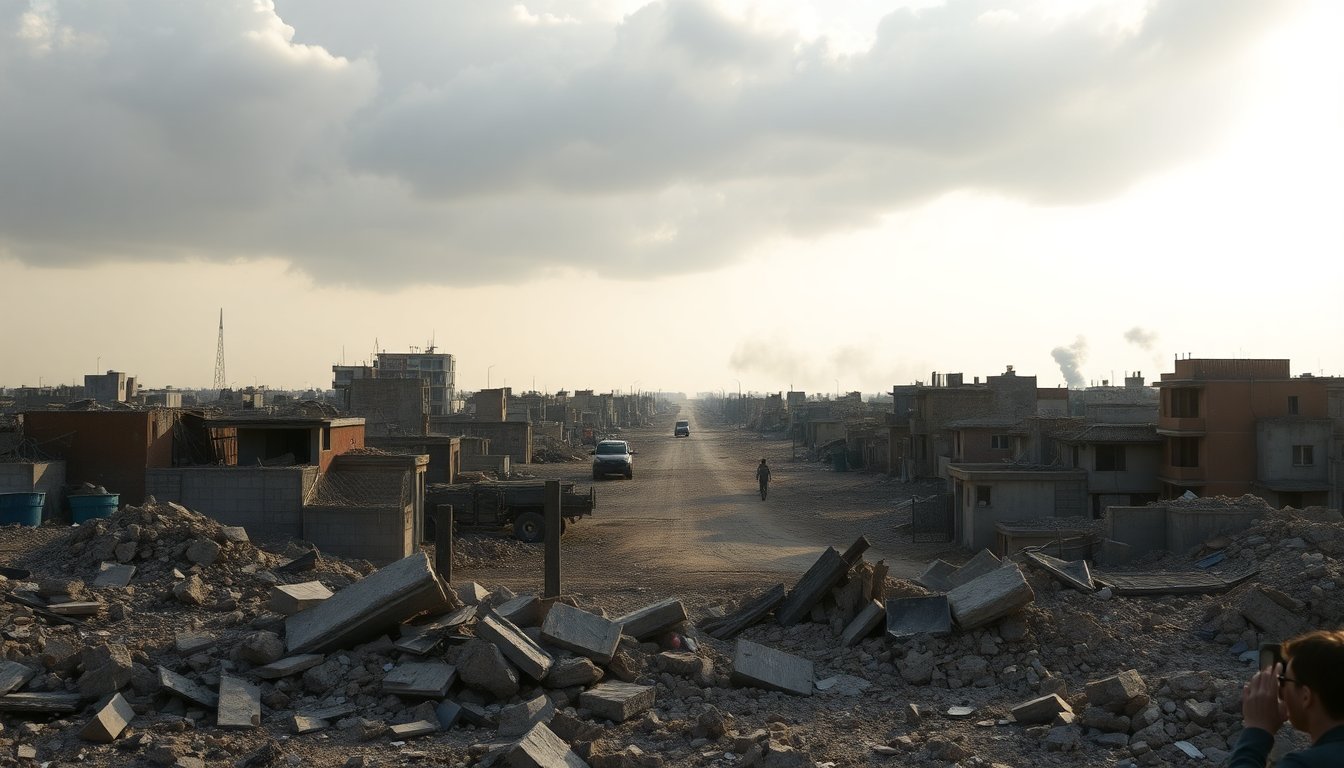Table of Contents
The conflict in the Gaza Strip has intensified as former State Department official Ellie Cohanim appeared on ‘Fox & Friends First’ to discuss Israel’s efforts to secure the return of hostages. Her comments suggest that Hamas may soon face increased pressure to meet international demands, especially amid renewed military threats.
In a recent statement, former President Donald Trump warned Hamas that continued hostilities could prompt direct military action. Trump’s message, shared on Truth Social, emphasized a zero-tolerance policy for violence: “If Hamas continues to kill people in Gaza, which was not the Deal, we will have no choice but to go in and kill them.” This warning follows troubling reports of public executions by Hamas in Gaza City, actions that contradict Trump’s previously proposed peace framework.
Hamas’s actions amid international pressure
Despite Trump’s peace plan intentions, Hamas has not fulfilled its obligations, particularly regarding the return of deceased hostages to Israel. Reports indicate that Hamas fighters are reasserting their authority in Gaza, with locals observing an increase in their presence on the streets. The organization has also demanded that individuals labeled as Israeli collaborators surrender by the upcoming Sunday, highlighting its intent to consolidate power.
The implications of failed peace agreements
As tensions rise, it becomes apparent that Hamas’s actions are not just responses to external pressures but strategic moves to reinforce its dominance in Gaza. The decision to publicly execute rivals serves to instill fear among residents while signaling control to local and international observers.
Trump’s assertion that the war is over starkly contrasts with the realities faced by those in Gaza. The violence perpetrated by Hamas, including recent public executions, undermines any progress towards peace and raises doubts about achieving a successful resolution to the ongoing conflict.
The future of hostages and peace negotiations
The situation remains precarious for the hostages still unaccounted for. Israel’s commitment to recovering these individuals is unwavering, but Hamas’s refusal to comply with the peace plan complicates matters significantly. Cohanim’s perspective suggests that international pressure may eventually compel Hamas to act, although the timeline for such compliance remains uncertain.
Understanding the broader context
The cycle of violence in the region reflects deep historical grievances and the complexities of Middle Eastern politics. As the international community continues to monitor developments, the hope for a peaceful resolution hangs in the balance. The actions of groups like Hamas and their impact on civilians must be central to any discussions surrounding potential peace agreements.
The dual nature of the conflict—marked by Hamas’s aggressive tactics and Israel’s commitment to securing the safe return of hostages—presents a formidable challenge. With each passing day, the stakes grow higher, and the need for a viable path to peace becomes increasingly urgent.


